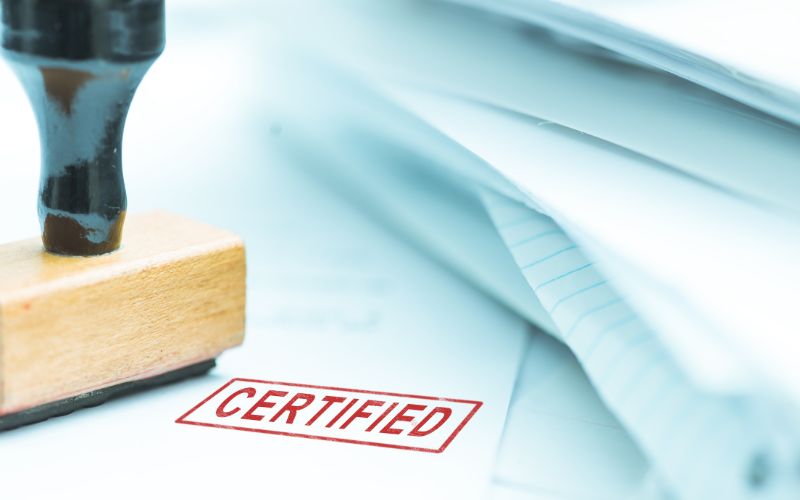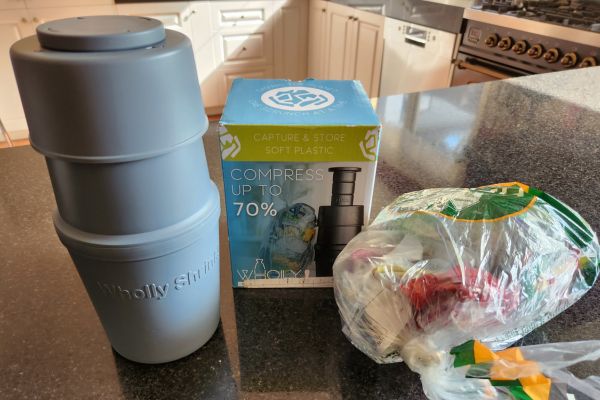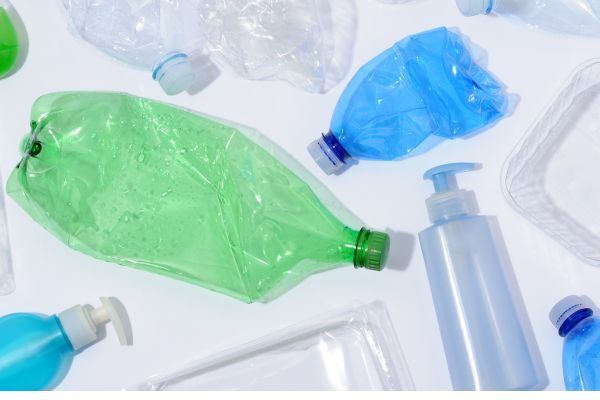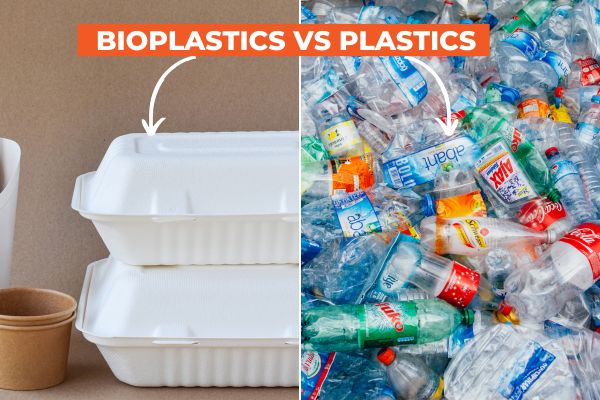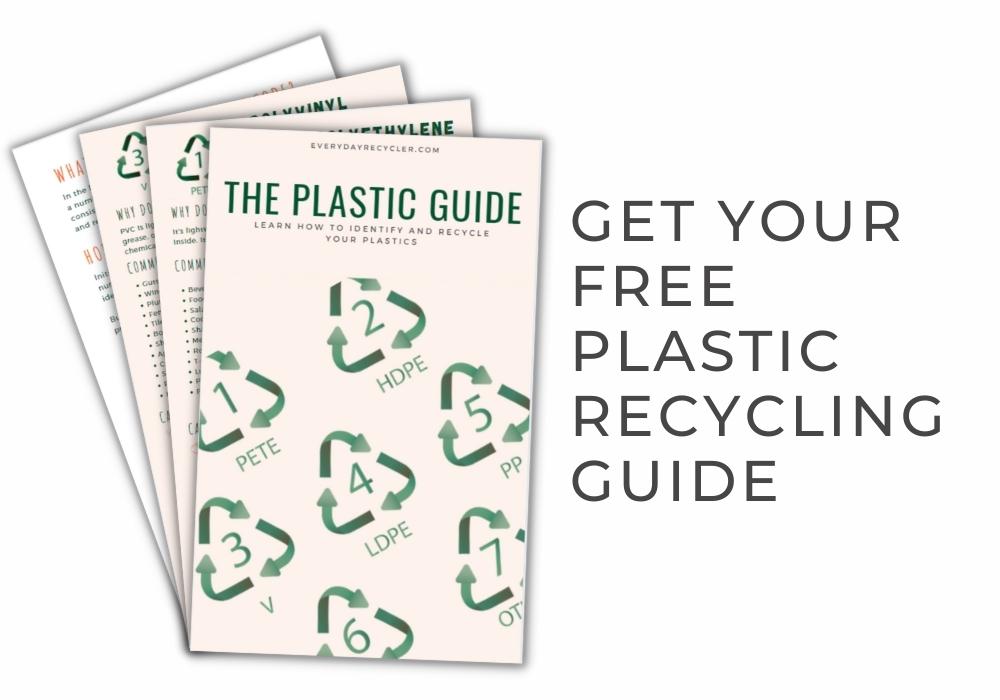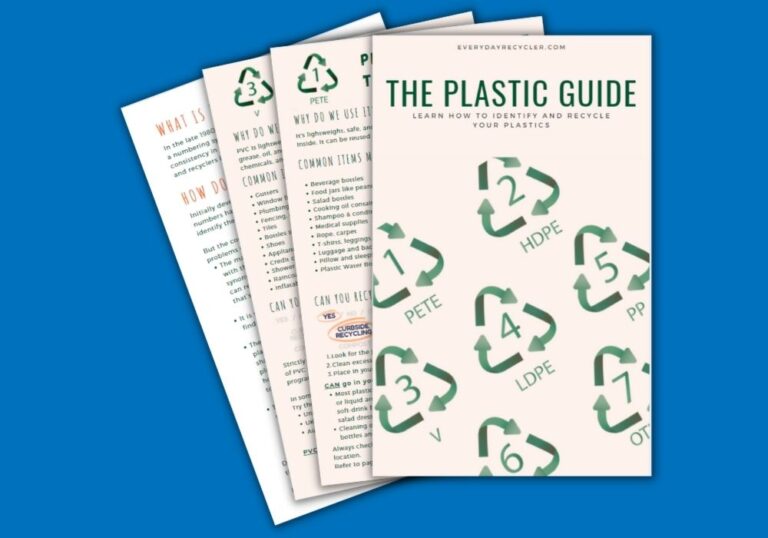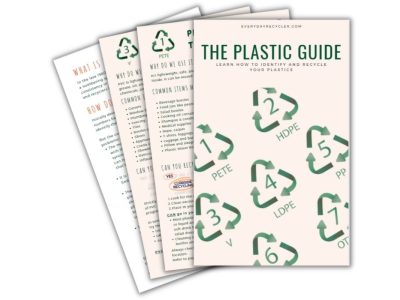Many brands are making an effort to incorporate sustainable and environmentally conscious practices into their business. How do we monitor them, though, and make sure that they live up to their claims when greenwashing is so prevalent? One of the best ways is through third-party certifications. These are independent organizations that verify brand claims and let them display proof of this.
Below I explore some of the common certifications to keep a look out for.
General Certifications
- Certified B Corporation (B-Corp) – when businesses can uphold strict requirements for performance, accountability, and openness, they can request to become registered as a B-Corp. If they meet the criteria they can be registered as a B-Corp. Learn about the top b-corp companies here.
- 1% for the Planet – Brands that register for 1% for the Planet agree to donate 1% of their profits to fund a range of environmental causes.
- Green America’s Green Business Certification – demonstrates a brand’s commitment to using business to effect change.
- Fair Trade USA – this certification verifies that a brand upholds the nonprofit’s standards for “income sustainability, community and individual well-being, empowerment, and environmental stewardship.”
Specific Certifications
- OEKO-TEX certification – tests product components against their list of standards for safety, social responsibility, and transparency.
- Fair Wear – is a third-party organization that focuses on worker health, safety, and dignity. They perform checks throughout the entire garment process with brands, creating a transparent and honest environment for consumers and workers.
- Bluesign – uses strict criteria to ensure that products were manufactured with the best possible outcome for their workers and environmental impact. Their system helps to provide safer and more sustainable environments for people to work in and everyone to live in. They trace each textile’s path through the manufacturing process, making improvements at every stage, improving the environmental impact of textiles.
- Responsible Down Standard – a voluntary global standard protecting geese and ducks that provide down.
- Green Circle Certified – an independent, third-party organization that verifies the chain of businesses.
- Global Organic Textile Standard – a standard that regulates the social and environmental impact of a brand’s entire supply chain.
- Global Recycled Standard – this is a voluntary standard that requires third-party certification of a product’s recycled content, chain of custody, social and environmental practices, and chemical restrictions.


